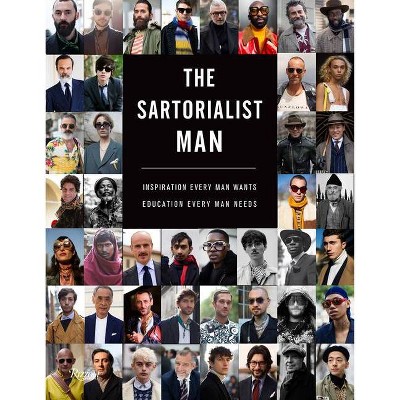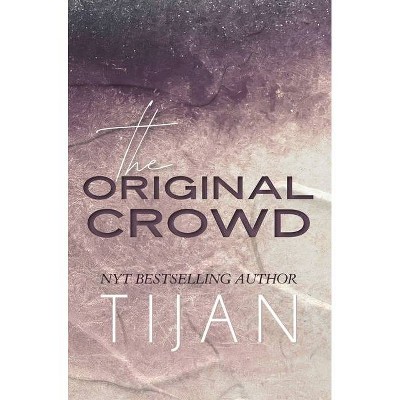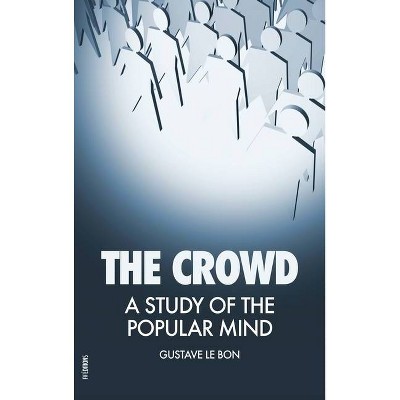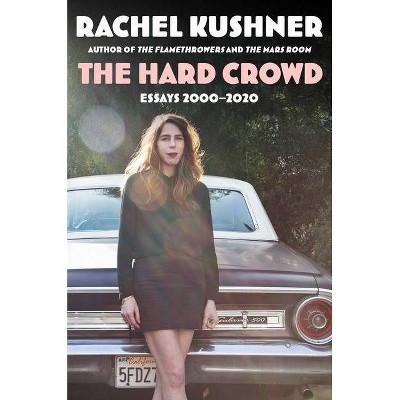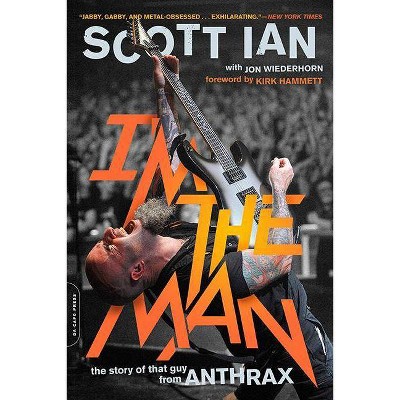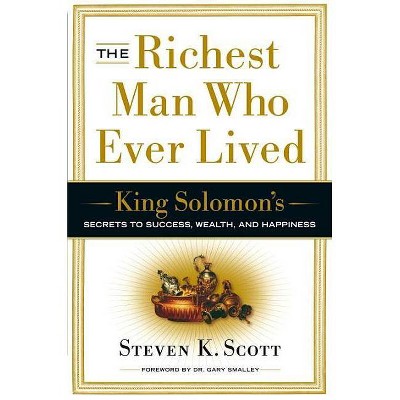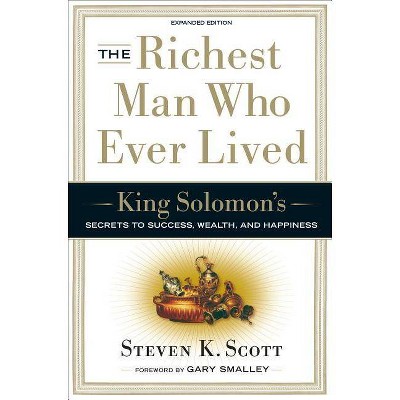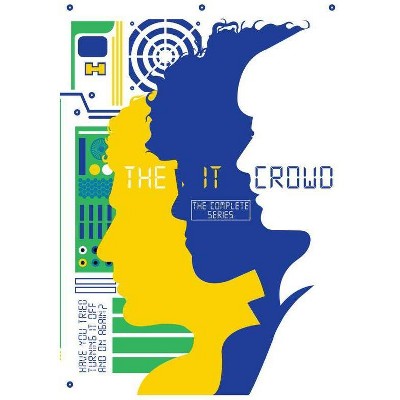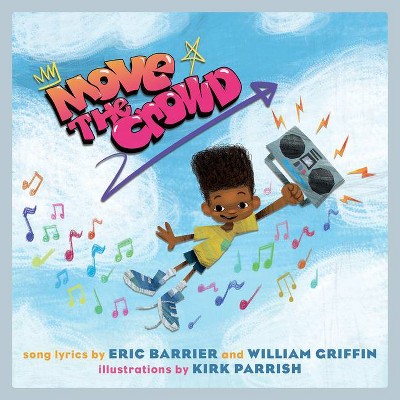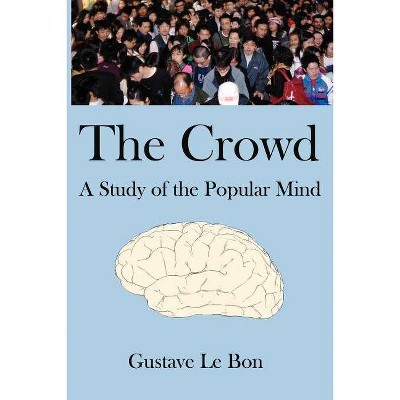The Man of the Crowd - by Scott Peeples (Hardcover)
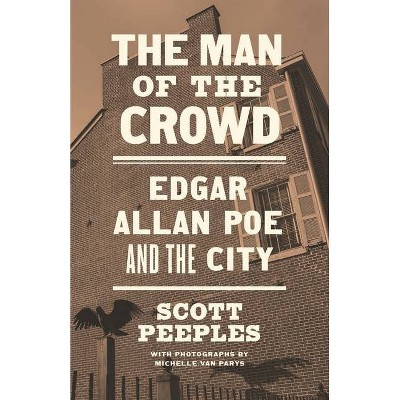
Similar Products
Products of same category from the store
AllProduct info
<p/><br></br><p><b> About the Book </b></p></br></br>"We tend to think of Edgar Allan Poe as a loner, living in a world of his own imagination and detached from his physical environment. Poe might seem like a Nowhere Man, but of course he was always somewhere - just not at the same address for very long. The Man of the Crowd chronicles Poe's rootless life, focusing on the American cities where he lived the longest: Richmond, Baltimore, Philadelphia, and New York. The Poe who emerges in The Man of the Crowd is a man whose outlook and career were shaped by his physical environments - mostly urban and almost entirely American. His career was tied closely to the rise of American magazines, so he lived in the cities that produced them and wrote not just stories and poems but journalism and editorials with an urban magazine-reading public in mind. For years he witnessed urban slavery up close, living and working within a few blocks of slave jails and auction houses in Richmond. In Philadelphia, he saw an orderly, expanding city struggling to contain its own violent propensities. And at a time when suburbs were just beginning to offer an alternative to crowded city dwellings, Poe tried living cheaply on the then-rural Upper West Side of Manhattan and, later, in what is now the Bronx. Though Poe rarely provided "local color" in his fiction, his urban mysteries and claustrophobic tales of troubled minds and abused bodies reflect his experience living among soldiers, slaves, and immigrants"--<p/><br></br><p><b> Book Synopsis </b></p></br></br><p><b>How four American cities shaped Poe's life and writings</b> <p/>Edgar Allan Poe (1809-1849) changed residences about once a year throughout his life. Driven by a desire for literary success and the pressures of supporting his family, Poe sought work in American magazines, living in the cities that produced them. Scott Peeples chronicles Poe's rootless life in the cities, neighborhoods, and rooms where he lived and worked, exploring how each new place left its enduring mark on the writer and his craft. <p/>Poe wrote short stories, poems, journalism, and editorials with urban readers in mind. He witnessed urban slavery up close, living and working within a few blocks of slave jails and auction houses in Richmond and among enslaved workers in Baltimore. In Philadelphia, he saw an expanding city struggling to contain its own violent propensities. At a time when suburbs were just beginning to offer an alternative to crowded city dwellings, he tried living cheaply on the then-rural Upper West Side of Manhattan, and later in what is now the Bronx. Poe's urban mysteries and claustrophobic tales of troubled minds and abused bodies reflect his experiences living among the soldiers, slaves, and immigrants of the American city. <p/>Featuring evocative photographs by Michelle Van Parys, <i>The Man of the Crowd</i> challenges the popular conception of Poe as an isolated artist living in a world of his own imagination, detached from his physical surroundings. The Poe who emerges here is a man whose outlook and career were shaped by the cities where he lived, longing for a stable home.</p><p/><br></br><p><b> Review Quotes </b></p></br></br><br><p>A welcome, engaging introduction to Poe's life. . . . This compact biography is an affable ramble, a genial journey, with Poe through the years. It knowledgeably and accessibly recounts Poe's urban contexts and relates his relevant texts. . . . The whole is interestingly complemented by archival images of contemporary maps and periodicals and by archival photographs, blended photographs, and recent photographs by Michelle Van Parys of various Poe sites and locales. This volume is a useful vade mecum for our armchair Poe peregrinations.</p><b>---Richard Kopley, <i>Poe Studies</i></b><br><br><p>Well-researched . . . [and] deeply informed. . . . Scott Peeples's streamlined account of Poe's journeys . . . grounds itself determinedly in the arc of his life's movement through various urban social realities. . . . This biography achieves its freshness through framing Poe's life as a series of chapters related to the cities in which he took up primary residence.</p><b>---Stephen Rachman, <i>Poe Studies</i></b><br><br>[A] superb new biograph[y] of Poe. . . . <i>The Man of the Crowd . . . </i>give[s] us a clearer view of Poe as a man and an artist, while at the same time showing how the myth mill about him was busy from the start, forming and deforming his choices, and creating the brand of Poe we know today.<b>---Jonathan Elmer, <i>Public Books</i></b><br><br>What sets Scott Peeples's 'compact biography' apart from other recent work is that it also concerns cities, specifically Richmond, Baltimore, Philadelphia, and New York, where Poe spent much of his life and which stirred his imagination. Peeples's aim is to re-contextualize the image of Poe as a campy 'nowhere man, '. . . . In detailing Poe's moves from city to city, Peeples presents an ambitious young man seeking to support his family and to establish himself as a writer, critic, and editor.<b>---Katherine J. Kim, <i>The Metropole</i></b><br><br><p>Peeples convincingly demonstrates that Poe remained "in transit" throughout his life, despite his literary successes, and was never in full control of his career. This accessible book will interest casual readers and Poe scholars alike.</p>-- "Choice"<br><br>Engaging...[<i>The Man of the Crowd</i>] succeeds admirably in bringing us closer to a man we can now better appreciate as part of the crowd rather than a remote and inexplicable monad.<b>---Ian Finseth, <i>Edgar Allan Poe Review</i></b><br><br>A deeply informed, academic work, but highly readable.<b>---Steven Carroll, <i>Sydney Morning Herald</i></b><br><br><i>The Man of the Crowd</i>, by Scott Peeples, has something for everyone. It should be equally attractive to Edgar Allan Poe scholars, aficionados, and those who simply want to read more of Poe's stories, poems, and essays.<b>---Henry T. Edmonson III, <i>Law & Liberty</i></b><br><p/><br></br><p><b> About the Author </b></p></br></br><b>Scott Peeples </b>is professor of English at the College of Charleston. His books include <i>The Afterlife of Edgar Allan Poe</i> and <i>Edgar Allan Poe Revisited</i>. <b>Michelle Van Parys</b> is professor of photography at the College of Charleston. Her books include <i>The Way Out West: Desert Landscapes</i>. Peeples and Van Parys both live in Charleston, South Carolina.
Price History
Cheapest price in the interval: 21.49 on November 6, 2021
Most expensive price in the interval: 21.49 on December 20, 2021
Price Archive shows prices from various stores, lets you see history and find the cheapest. There is no actual sale on the website. For all support, inquiry and suggestion messagescommunication@pricearchive.us
